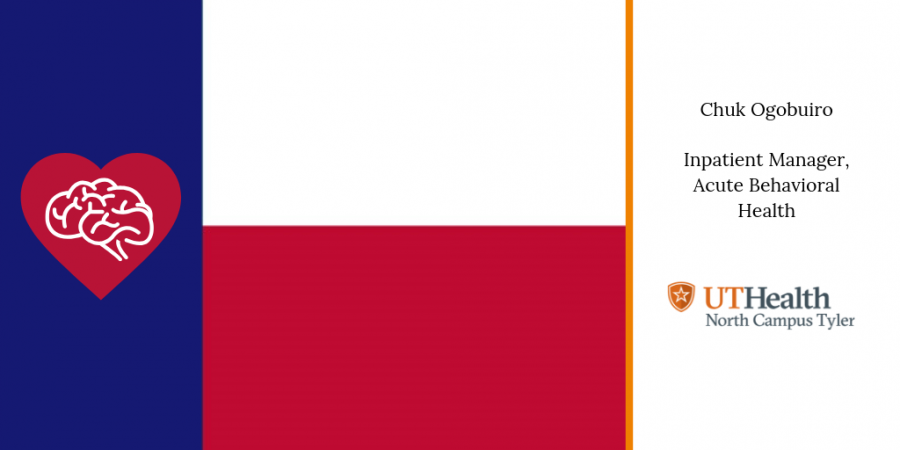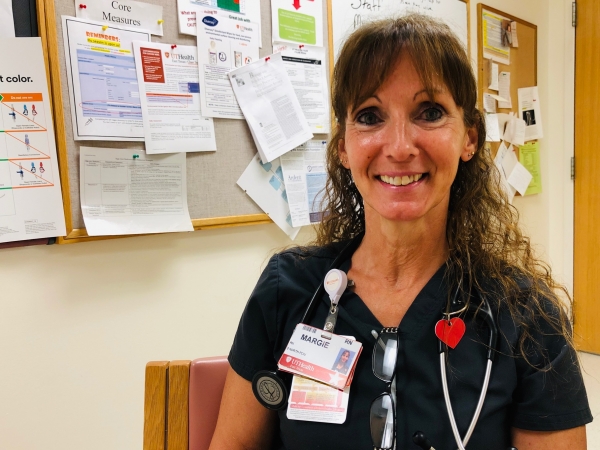The longtime friendship shared by three caregivers at UT Health Tyler has brought them both personal and professional satisfaction as well as a deep system of support in the workplace.
Their friendship began decades ago when Dedra Murphy was working as a nurse manager at another hospital and hired Melissa...
Read More »







